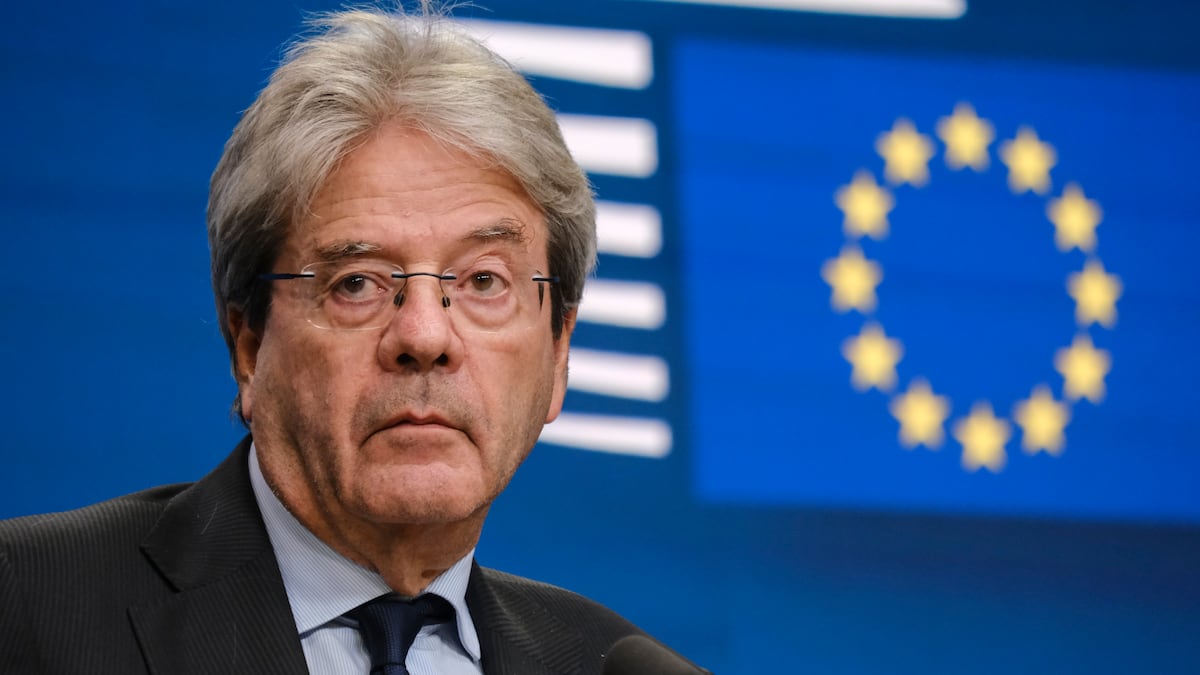- European legislators are seeking to quell fears about privacy amid a push for a digital euro.
- Finance ministers will begin to work on the European Commission’s proposal after the summer.
Privacy is a major concern pervading discussions of a digital euro — and European authorities are trying to quell such fears.
“It will not be a conspiracy,” Paolo Gentiloni, European Commissioner for Economy, said at a press conference on Thursday. He spoke after a eurozone ministers’ meeting where he presented a digital euro proposal to finance ministers, who will begin negotiations in September.
“It will be a democratic, open, transparent process in the European Parliament and with European governments,” he said.
Institutions are outlining political guardrails should the European Central Bank decide to issue a digital euro. The central bank digital currency is meant to digitalise cash, but has been met with resistance from lawmakers and European residents.
‘Not a Big Brother project’
The comments come as finance commissioner Mairead McGuinness said last month that the digital euro is “not a Big Brother project.”
“Any citizen of any stakeholder who is interested in us will have an opportunity to see how the project is moved forward,” Paschal Donohoe, president of the Eurogroup at the European Council, told reporters. At the same time, the European Parliament will also negotiate the file.
The digital euro represents the next evolutionary step for cash, the Irish minister said. A CBDC for Europe will provide a payment system across the bloc with “even more convenient ways for Europeans to pay each other to pay their businesses and to access goods and services within Europe.”
Lawmakers and ECB officials have promised to safeguard privacy with standards equivalent to other digital payment methods. Plus, the possibility to conduct offline payments would grant the same level of privacy as an ATM cash withdrawal.
European sovereignty
Many are scratching their heads why a digital euro would be more convenient than any other of the many digital payment options on offer.
Underlying the big push — a chance of increasing Europe’s financial sovereignty. Foreign companies like Visa and Mastercard dominate the payments sector in Europe.
With alternative assets like stablecoins also gaining traction, central bank money might be losing its edge.
“If we don’t provide our own solution, then we run the risk of private stablecoins or foreign central bank digital currencies filling the gap,” McGuinness said about the digital euro in April.
NOW READ: EU crypto chief vows to ‘strike the right balance’ as officials begin enforcing landmark MiCA law
Decision in October
The ECB has been designing the digital euro since 2021, and are wrapping up their investigation. The central bank executives will decide whether to start implementing it in October and be in use by 2026.
More than 140 jurisdictions globally are working on central bank digital currencies, Gentiloni said. “This means that maybe it’s a good idea.”
